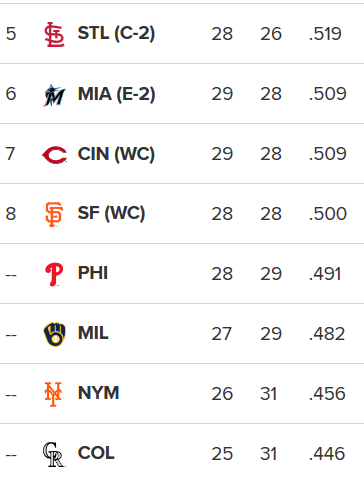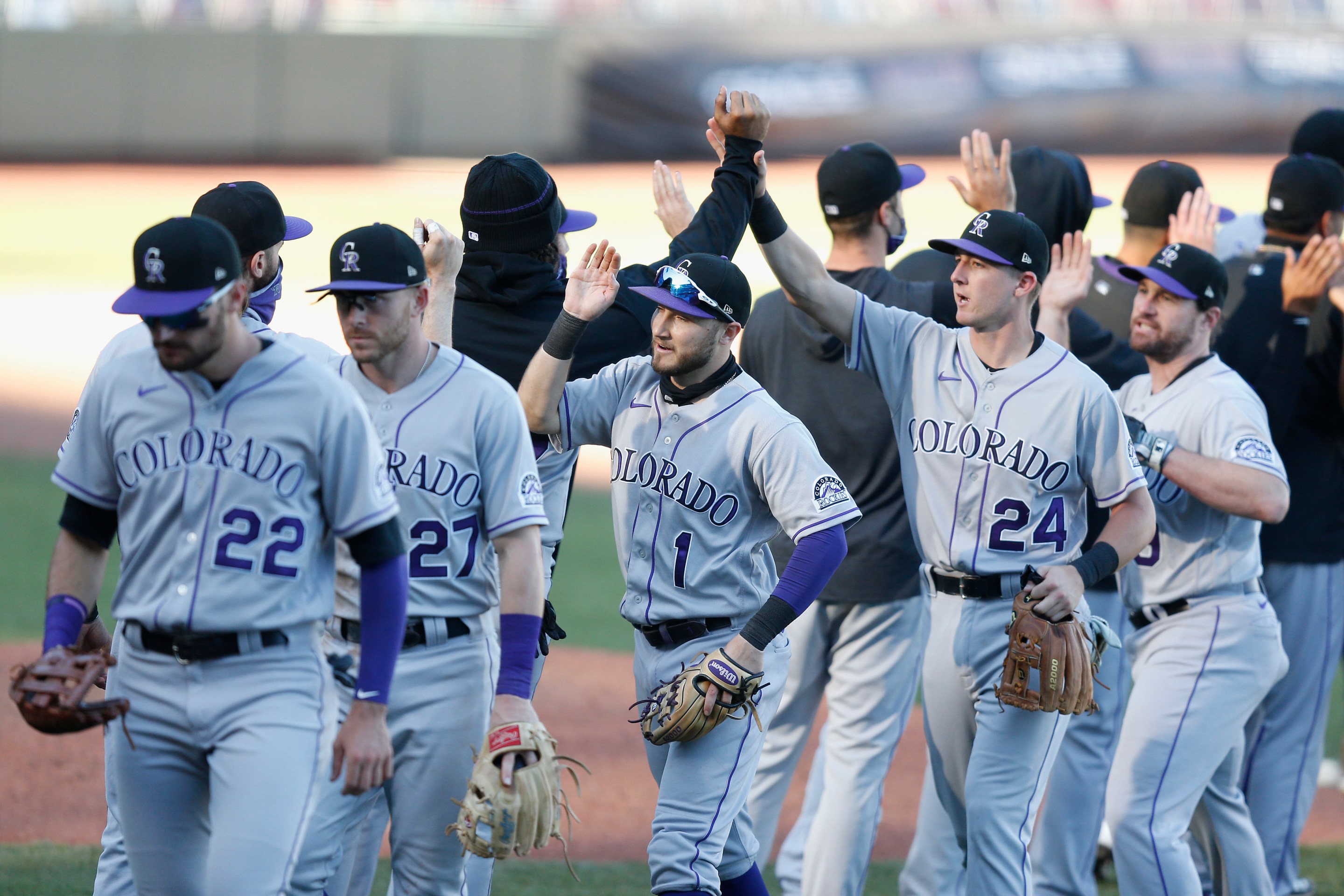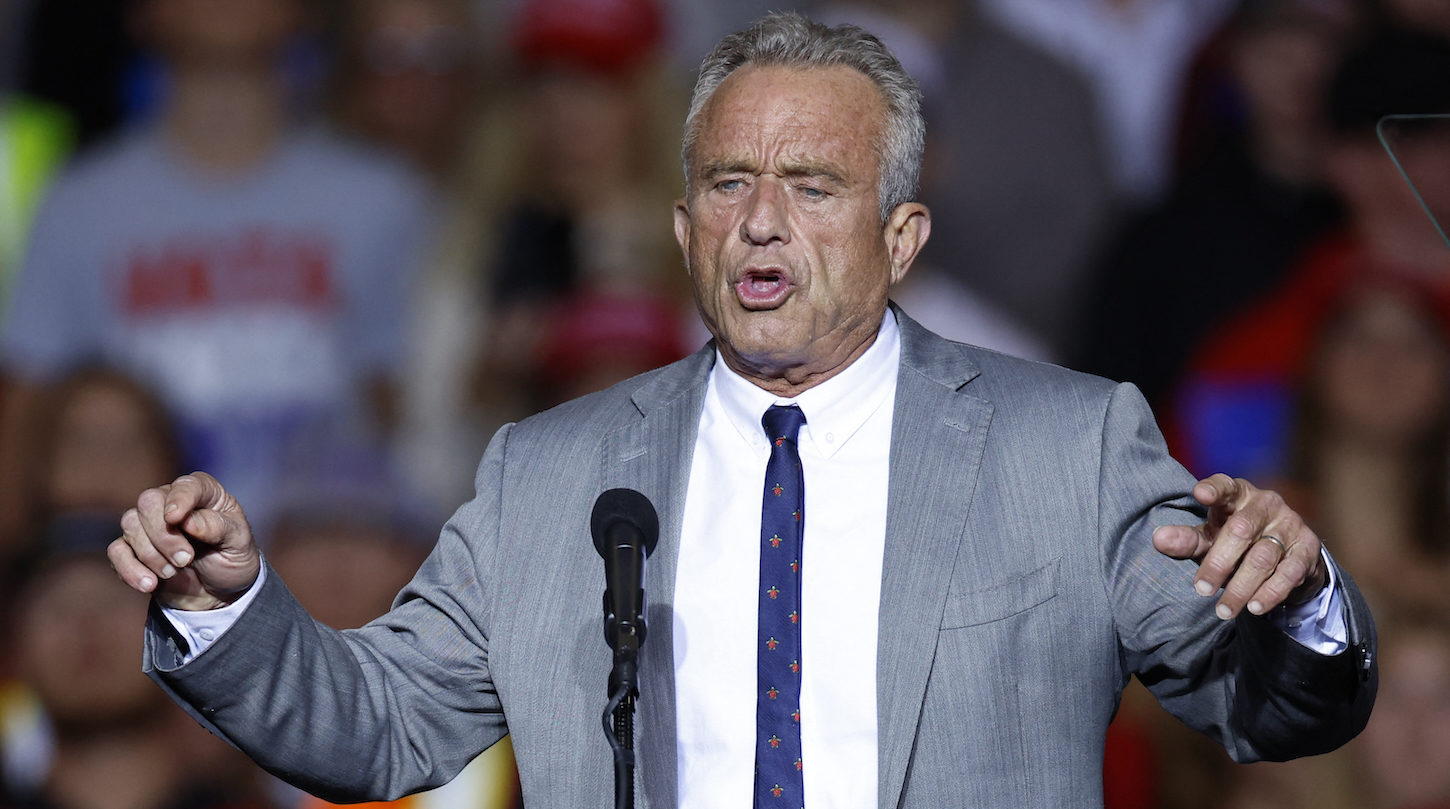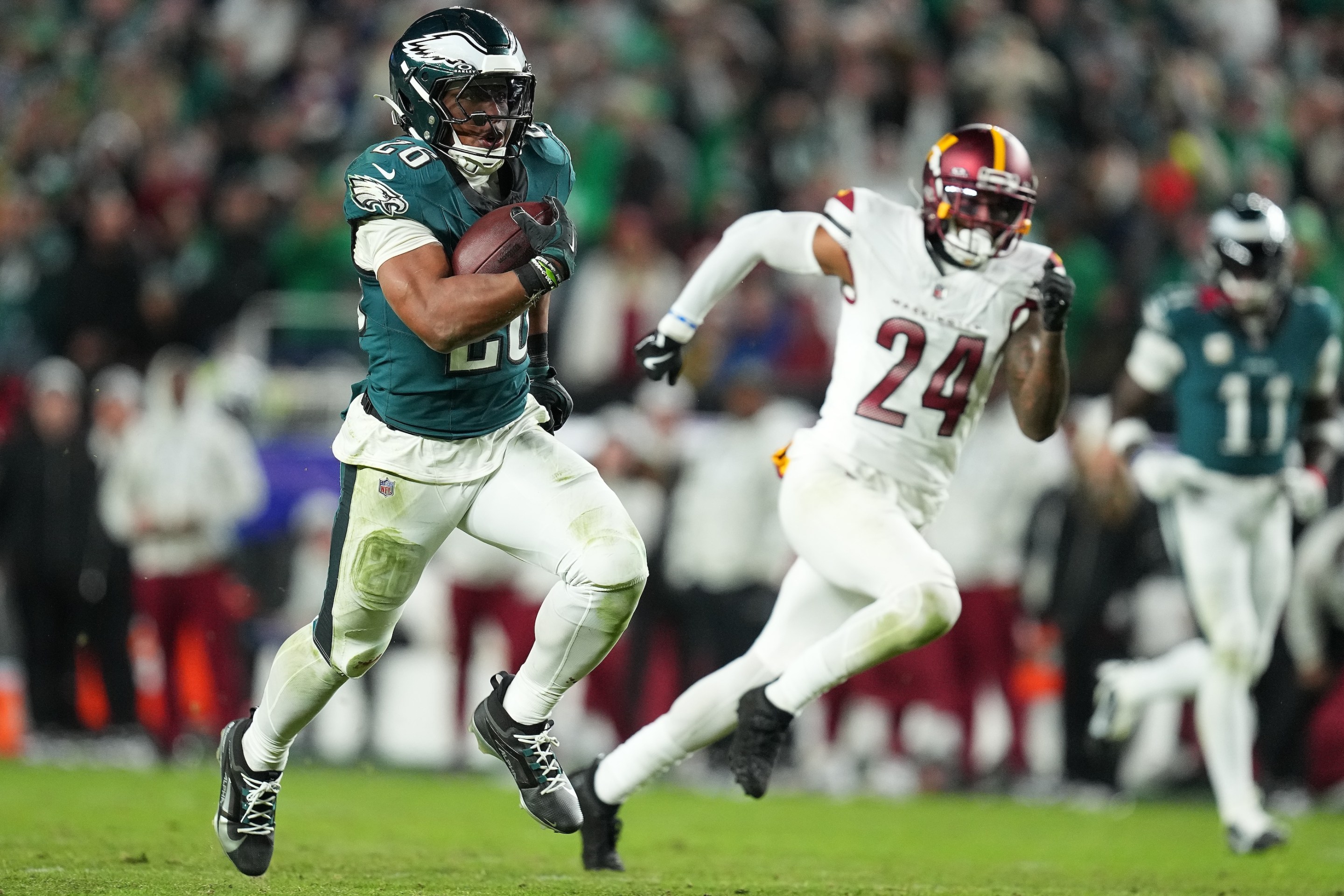With one routine sacrifice fly to left field in the 11th inning against the Giants last night—the kind that the local announcers couldn't even get excited about—Colorado Rockies outfielder Raimel Tapia helped ensure that the final three days of the National League's regular season will be among the most chaotic in its history.
Since the 25-31 Rockies, who currently rate as the 12th best-team in the whole NL and hold a run differential of -67, beat the Giants in extras to keep their year hanging by a thread, and because the 26-31 Mets pulled one out against the cellar-dwelling Nationals last night, the NL heads into its last weekend with only four teams having clinched playoff berths. By the end of Sunday, though some have much better chances than others, the remaining four slots could be grabbed by eight different teams.
Here's a little snapshot of where they're at:

The Rockies, three games back of the Giants with each team about to play a four-game series, have such a small chance of appearing in October that you'll be forgiven for completely ignoring them. The Mets, also, are faced with the unenviable task of having to leapfrog a sea of crud to escape their current position. But even if one dismisses the teams that can practically already be counted out, this weekend still shapes up as a wild tussle.
A mere two games divide the fifth-place Cardinals from the tenth-place Brewers, and that specific pairing will have more eyes on it than any other series this weekend. While the Giants, Phillies, Marlins, and Reds all face teams that have already clinched, Milwaukee and St. Louis are currently in the midst of an epic five-game series in which each controls the other's fate. By the end of Friday's double-header, which feels as close to a must-see as any baseball double-header could be this season, the Brewers' dreams could be dashed, or the two rivals could be dead even.
Everyone else will have to do the kind of scoreboard-watching that puts them at risk of whiplash. The Phillies and the Giants, currently on opposite sides of the line that divides the failures from the potential champions, will keep their eyes on each other as San Francisco faces San Diego and Philadelphia meets Tampa Bay in a 12-year-old World Series rematch. The Marlins and Reds, meanwhile, face the Yankees and Twins respectively, and while that feels deeply incorrect even as I'm typing it, those games count the same as they would if they came against a division foe.
The short season and expanded field of 16 teams vs. the usual 8+2 hold some level of blame for this mayhem and the scattered brains that it will cause; in no other year would the battle for second place in the NL Central be inherently meaningful. But the relatively calm waters of the American League show that it didn't have to be this way. Barring a final run from the Angels that's even more improbable than the Rockies making the postseason, the AL's eight teams have already been confirmed, and they'll spend the weekend playing only for the relatively unexciting prize of being the home team in empty ballparks.
Don't dismiss the goings-on between divisional runners-up (and worse!) as ultimately unimportant in the grander scale of the postseason, because given the nature of this overhauled playoff format, every team with even a prayer at a berth is a bona fide World Series contender. The eighth seed out of the NL could still be anybody, and to announce themselves as a true threat all that team would then have to do is get a bit more luck and win two games out of three against the Dodgers. To an even greater degree than your typical baseball playoffs, the coming postseason will play more like roulette than a true test of talent. The difficult task, then, isn't winning the 13 games necessary to lift the trophy. The hard part is just getting to the table.





